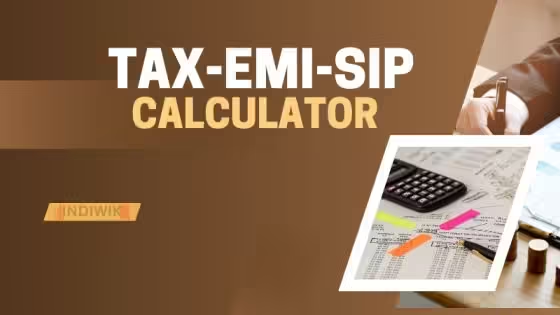Insights into India’s Lok Sabha Elections 2024
In India, Lok Sabha elections are held every five years, with the upcoming 18th Lok Sabha elections proposed for April-May 2024. Let’s delve into some key aspects
related to the Lok Sabha elections.
Why are Lok Sabha elections called general elections?
Lok Sabha elections are often referred to as general elections because they allow every Indian citizen above the age of 18 to directly vote for their
representatives, known as Members of Parliament (MPs).
What is the maximum number of members in Lok Sabha?
Lok Sabha can have a maximum of 552 members. Among them, 530 members represent states, 20 represent Union territories, and the remaining two members can be nominated
by the President to represent the Anglo-Indian community if deemed necessary.
What is the tenure of Lok Sabha?
The usual tenure of Lok Sabha is five years, but it can be dissolved earlier by the President. In times of emergency, the term can be extended, but not beyond
one year at a time, with a maximum of six months beyond the end of the emergency period
ad

What is the minimum age for Lok Sabha elections?
According to the Constitution, a person must be at least 25 years old to contest Lok Sabha elections and must be a citizen of India, not declared insane or insolvent,
and not hold any government office that yields financial benefits.
When was the first Lok Sabha election held?
The first Lok Sabha elections were conducted from October 25, 1951, to February 21, 1952. Subsequently, the first Lok Sabha convened on May 13, 1952.
Who issues the notification for Lok Sabha elections?
The notification for Lok Sabha elections is issued by the President, followed by the Election Commission announcing the polling dates.
How many general elections have been held for Lok Sabha so far?
India has witnessed 17 general elections for Lok Sabha, with the 18th Lok Sabha elections scheduled for April-May 2024.
What is the salary of Lok Sabha members?
Currently, Lok Sabha members receive a salary of Rs. 100,000 per month, along with constituency allowance of Rs. 70,000 per month and office expenses of Rs. 60,000 per
month. Additionally, they receive a daily allowance of Rs. 2,000 for participating in parliamentary meetings or committees.
Conclusion:
Lok Sabha elections hold immense significance in India’s democratic fabric, allowing citizens to exercise their voting rights and shape the country’s governance.
As the nation gears up for the 18th Lok Sabha elections in 2024, understanding the electoral process becomes crucial for informed participation.













